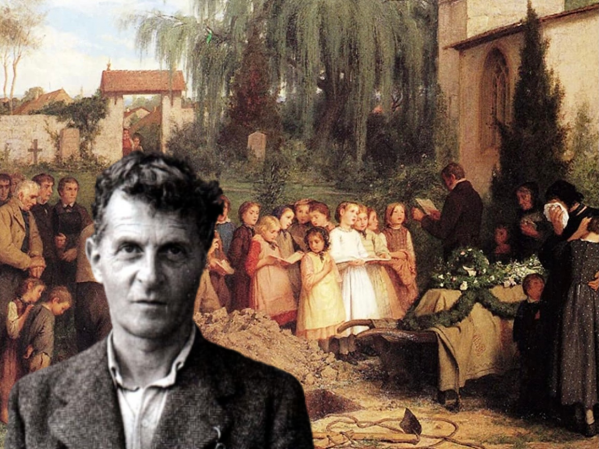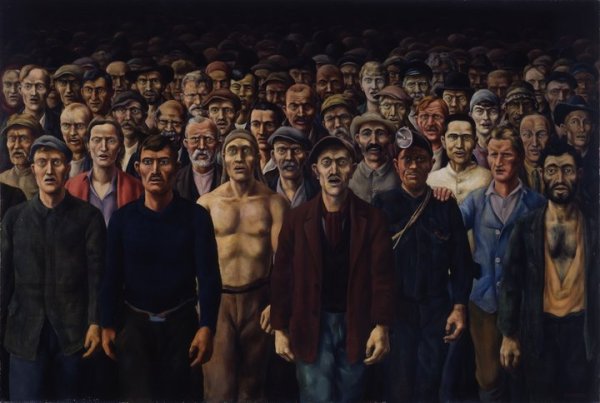A common way of describing the Enlightenment period centers around the discourse of “rationalization”. It is assumed that it is by abolishing the orders of the Church that the individuals empowered themselves via exercising their reason and purging the bigotry that was accumulated throughout the Dark Ages of Europe. For such reasons, when one speaks... Continue Reading →
Can the Secular Speak of Human Economic Activity?
If we are to investigate discourses of economics brought by people of varying intellectual backgrounds such as anthropology, sociology, history, and economics, we can see how some thinkers have looked into structures, some have investigated morality, some have examined cultures, and some have examined pure numbers. After having an (superficial) exposure to such different views on a very human aspect of... Continue Reading →
Wittgenstein, Culture, and Value: The Disappearance of a Culture
One of Wittgenstein's personal notes, taken from the book Culture and Value, states: "I realize then that the disappearance of a culture does not signify the disappearance of human value, but simply of certain means of expressing this value, yet the fact remains that I have no sympathy for the current of European civilization and... Continue Reading →
Wittgenstein, Culture, and Value: “Whereof one cannot speak, thereof one must be silent.”
In his work called Tractatus Logico-Philosophicus, Wittgenstein ends his book with the stunning phrase: "Whereof one cannot speak, thereof one must be silent". Although this phrase of his has deeply affected me and my thinking, it is quite ironic that what I am doing right now contradicts with the literal meaning of the phrase, that... Continue Reading →
Dubious Sites of Vague Human Activity: Internal and External Goods… A Modern Paradox
In the previous post of this series, we entered into the office and made a distinction between "peculiar" and "out of context" occupations. We defined "peculiar" jobs as those that are particularly useful to and designed for the site that it works for, such as a curator or an archivist. On the other hand, we... Continue Reading →
Dubious Sites of Vague Human Activity: Office Labor without Intrinsic Good?
Previously in this series, we entered into one of the most common workplaces: the office. And in this post, I will touch on the purposelessness of many occupations that are bounded by this site. As I had mentioned before, my examples are derived from an office atmosphere that was observed during an internship in a... Continue Reading →
Dubious Sites of Vague Human Activity: Offices and Embodied Keyboards
In the previous post of this series, as a product of an (internship) experience, I mentioned a couple of paradoxical aspects of history museums. Since most of the museum work takes place in the office, I would now like to make a shift towards this dubious site. To be more specific, I am interested in... Continue Reading →
Dubious Sites of Vague Human Activity: Museums and The Exotic
A history museum is definitely an interesting place to examine. Putting it simply, every artifact and painting is neatly placed to form a narrative of a historical story. The lighting, the colors, the music, the labels, the orientation of showcases etc. are methodically organized to create an atmosphere in which the observer not only learns... Continue Reading →
The Nature of Culture
I would like to start with the question: Can there be multiple truths? Or is truth supposed to be one, as in 'The Truth'? Well, according to cultural anthropology, your truth is not the only truth. What I consider as true, moral or taboo could be completely different from your understanding. And so many factors... Continue Reading →
A Critique of Mill’s Harm Principle
If we ask the question “How would a society’s happiness be maximized?”, John Stuart Mill, an advocate of utilitarianism, would answer “by defending personal freedom of the individuals”. In fact, his commitment to following a utilitarian approach to forming an ideal society is the reason for his attempts of defending individual liberty in his book... Continue Reading →









